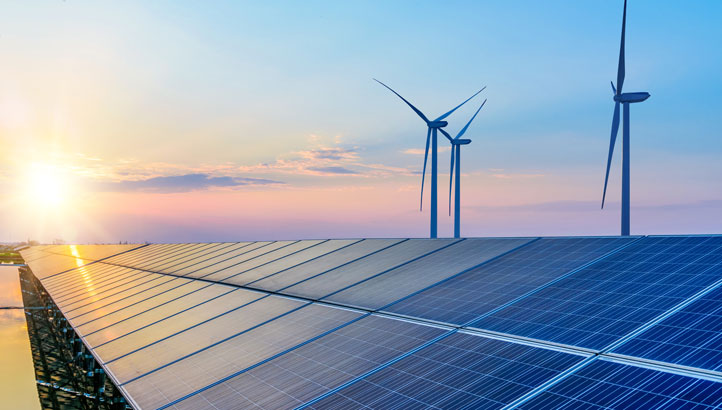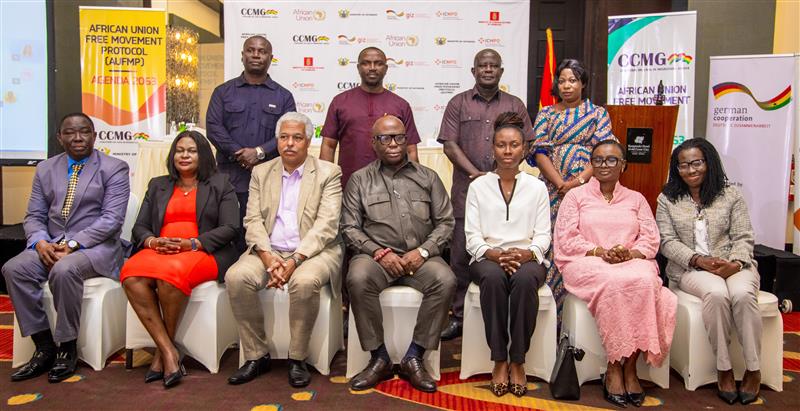By Sarah George,The Climate Group
Copyright edie

Looking at the news, or your social media feed, you’d be forgiven for thinking that the energy transition has reached a bit of an impasse. Have companies lost their appetite for switching to cleaner energy? Are climate and sustainability goals dropping off the agenda?
Nothing could be further from the truth.
I’m writing this from New York, where this week heads of government, ministers, and the CEOs of multinational companies are sharing stages, meeting rooms and fireside chats at Climate Week NYC.
It’s the biggest one yet – with a record–breaking number of events (more than 1,000), an unprecedented level of government participation, and one of the largest lineups of corporate partners to date.
There’s no question that companies worldwide are facing new realities. Between geopolitical challenges, political shifts and economic uncertainty, little remains the same. And yet, if the conversations here in New York – even when they’re different or difficult – are anything to go by, there’s one thing that is constant. The world’s businesses want renewable energy.
Across sectors and geographies, companies continue to see clear alignment between their sustainability and climate strategies and staying competitive in a changing world. In fact, you cannot really have one without the other, and that’s particularly true when it comes to energy. Using renewable energy offers companies a competitive edge.
That’s why business leaders overwhelmingly support moving away from fossil fuels, with 97% advocating for a rapid shift to renewables-based electricity.
A strong business case
Around the world, corporates have been shaping the new energy system by making a decisive, ambitious shift towards renewable energy. The 440+ world-leading companies in our RE100 initiative, all of whom are committed to 100% renewable electricity, are sending a huge demand signal to governments around the world. And by investing hundreds of billions of their own money in renewables – through long-term power purchase agreements, for instance – they are actively transforming the system from within.
Net-zero doesn’t even have to come into it: the business case is simply too good. Renewables aren’t just the cheapest energy you can buy, as well as being the cheapest form of energy in history.
They also deliver the energy security companies are looking for – they can’t afford to be at the mercy of the latest fossil fuel price fluctuation. And sustainability remains a clear demand – from consumers, stakeholders, and investors alike.
Plus, by putting themselves at the forefront of the energy transition, these companies are putting themselves at the forefront of innovation. Whether that’s new energy storage technology, innovative energy trading platforms, or more sophisticated tracking – all of these are massive business opportunities, with huge potential to save money in the long run.
Why wouldn’t companies keep driving this transition?
Policy action needed
It’s the world’s economies that need to worry about whether they can remain a competitive home for their corporates. With more than half of business leaders saying they will relocate their operations to markets with better access to renewables within five years, those nations quickest to equip themselves with a new energy system will have the competitive edge.
And the race is on. Countries like Brazil, India, and Malaysia are shooting past the US in renewable electricity adoption. And across Africa, solar panel imports from China jumped 60% in just the last 12 months. In Asia, the frontline of the energy transition, competition between major export economies like South Korea and Vietnam is heating up.
The UK may have carved out a leadership position for itself thanks to substantial investments in offshore wind, early adoption of renewable technologies, and a government focused on a clean energy industrial strategy, with ambitious 2030 targets.
But if it wants to remain a trailblazer, it needs to stay razor-focussed on the right policies, the right investments and the right skills development. And like almost every country in the world, it needs to modernise a grid that was built for a very different energy system than the one we’re moving towards.
As a global non-profit working with companies and governments around the world, we see this transition play out at different speeds, at different levels. And we have every reason to believe that those economies taking decisive action now are setting themselves up for the greatest future success.
Accelerating the transition
Our ask of governments around the world is to make access to renewables easier, and faster. Remove the barriers around availability, affordability and accessibility so that companies, through their purchasing power, can help governments get more renewables on the grid, faster.
They have no time to lose; that’s become very clear to me here in New York.
As electricity demand grows due to AI and data centres, as well as the electrification of industry and the transition to electric vehicles, businesses will be looking for easy, fast access to renewables with ever greater urgency.
Which economy will meet them where they’re at?
Ollie Wilson is head of RE100 at the global non-profit Climate Group
Author’s notes: Climate Week NYC is the biggest climate event of its kind. Read the latest from this year’s event here. For more information about RE100, click here.



